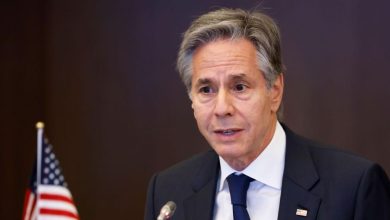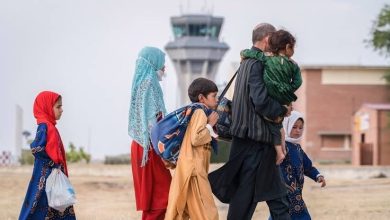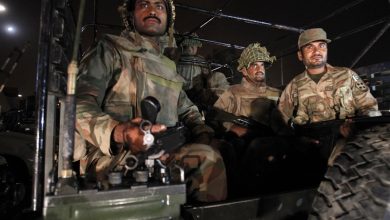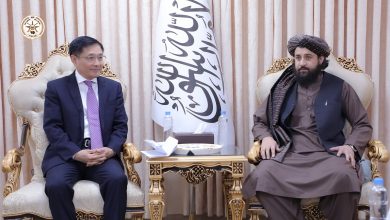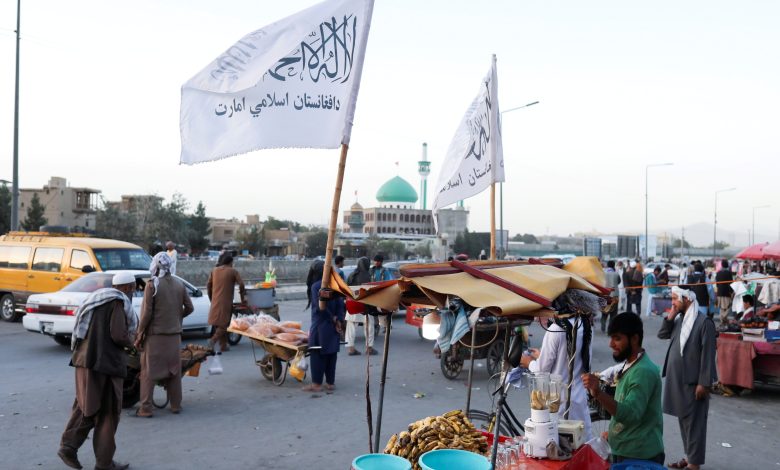
Doha II Summit: 17 Political Movements Criticize UN’s Invitation to the Taliban
Bayan News – As the second Doha Summit approaches, several political movements have criticized the United Nations’ invitation to the Taliban. But who are these movements?
With only three days left until the second Doha Summit, 17 political movements issued a joint statement on Friday, expressing their position regarding this summit.
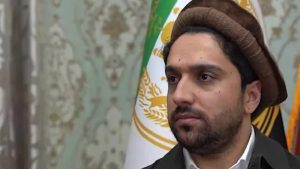
The summit, attended by special representatives from countries for Afghanistan and hosted by the United Nations, will discuss and examine significant developments in Afghanistan.
In their joint statement, the political movements expressed their concerns about the United Nations’ efforts and the issuance of Resolution 2721 by its Security Council, which pertains to the appointment of a special envoy for Afghanistan.
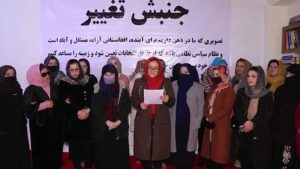
They stated, “We believe that on August 15, 2021, Afghanistan was handed over to the Taliban based on internal and international conspiracies, resulting in the collapse of the political system, the suspension of governance, and the Taliban taking control of Afghanistan.”The joint statement
specifically names these political movements: the Freedom Front led by Yasi
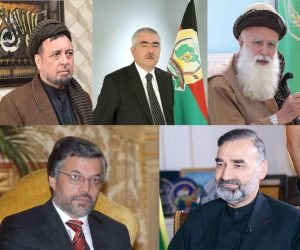
n Zia, women’s protest movements in Afghanistan, the National Resistance Front led by Ahmad Massoud, the Islamic Unity Party of Afghanistan led by Karim Khalili, the National Resistance Council, the Islamic Party of Afghanistan, the Islamic Society Party led by Salahuddin Rabbani, the National Movement Party led by Abdul Rashid Dostum, the Islamic Invitation Party led by Abdulrab Rasul Sayyaf, the Islamic Unity Party led by Mohammad Mohaqiq, the Justice and Freedom Party led by Sarwar Danish, the Eastern Council, the Kandahar Loya Council, the Greater Northern Council, the Process of Protecting Jihad and Resistance Values, and the Solidarity Party of the Afghan People.
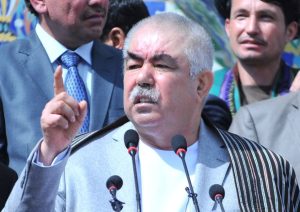
In the joint statement, these political movements clearly state that the right to determine the destiny lies with the votes of the people, which is one of the fundamental principles of the United Nations. However, the Taliban has responded to any criticism of itself with suppression.
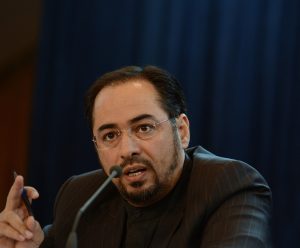
The political movements emphasized the need for the country’s crisis to be resolved through dialogue on the one hand, and on the other hand, they appealed to the Secretary-General of the United Nations and other regional actors to involve all interested Afghan political parties in the consultative meeting of the organization. They stated, “We want the opportunity to be created in the upcoming session of that organization for all interested Afghan political parties to participate, so that through a comprehensive national process, the current situation can be transformed and the foundation for a legitimate government, demanded by the will of the Afghan people, can be established to put an end to the ongoing crises in our country.”
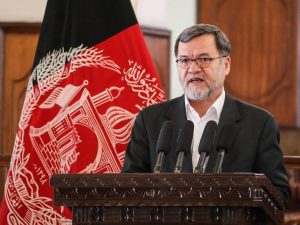
According to these political movements, the success of the Doha Summit requires considering the demands of the people, the cooperation of influential political movements and stakeholders, and refraining from any kind of political-diplomatic interaction with the Taliban in the absence of the Afghan people.
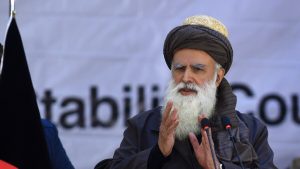
However, the Kabul caretaker government has not yet responded to the position of these political movements.
It is planned that a delegation from the Taliban will also participate in the Doha Summit.



